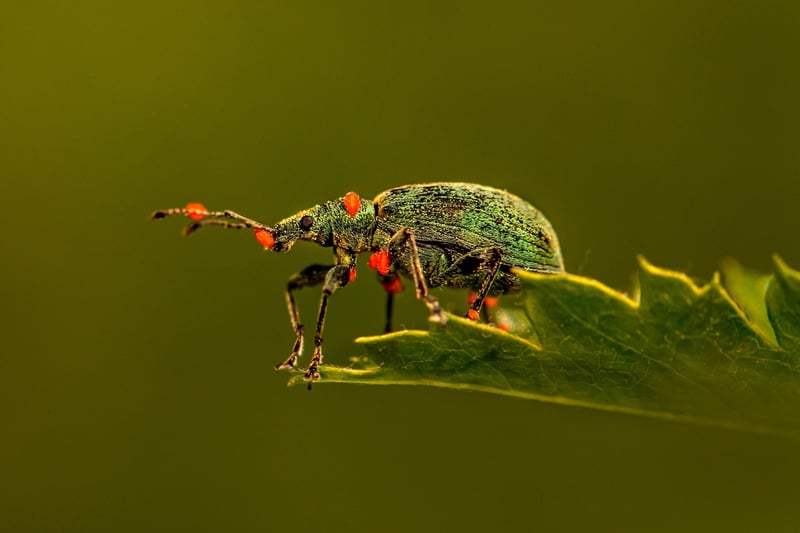Pest Control
#Plant Health
#Garden Pests
#Trimming
Essential Tips for Healthy Plants + Pest Control
Tips for Healthy Plants
Having healthy plants is crucial for a thriving garden or indoor space. Here are some essential tips to keep your plants in top condition:
- Proper Watering: Ensure your plants receive the right amount of water. Overwatering and underwatering can both harm plants.
- Adequate Sunlight: Different plants have varying sunlight requirements. Place your plants in locations that suit their needs.
- Regular Pruning: Trim dead or overgrown parts of the plants to promote new growth and maintain shape.
- Appropriate Fertilization: Use fertilizers suitable for your plant type and apply them according to the instructions.
- Good Drainage: Ensure your plant pots have drainage holes to prevent waterlogging.
- Monitor for Pests and Diseases: Keep an eye on your plants for any signs of pests or diseases and take prompt action.
Pest Control
Pests can quickly damage your plants if not controlled effectively. Here are some tips for pest control:
- Natural Predators: Introduce beneficial insects like ladybugs or praying mantises that can help control pest populations.
- Neem Oil: Use neem oil, a natural insecticide, to combat common garden pests like aphids and spider mites.
- Homemade Remedies: Create DIY sprays using ingredients like garlic, pepper, or soap to deter pests from your plants.
- Companion Planting: Planting certain species together can help repel pests. For example, marigolds can deter nematodes.
- Physical Barriers: Use row covers or netting to protect your plants from flying insects and pests.
By following these tips for maintaining healthy plants and implementing effective pest control measures, you can enjoy a lush and pest-free garden or indoor green space!


For more information on plant care and pest control, visit Royal Horticultural Society.
